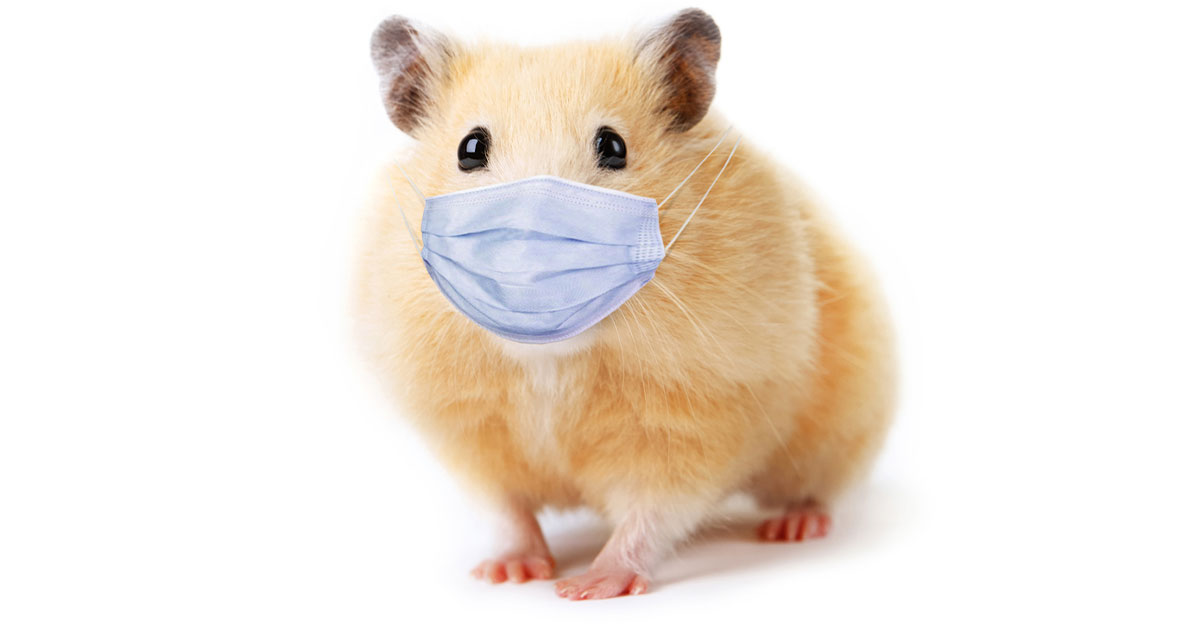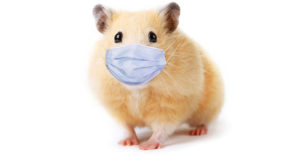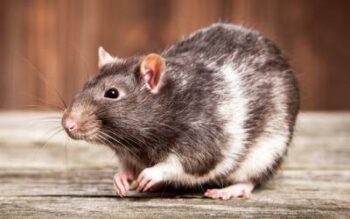
 As if 2020 hasn’t been difficult enough, it has added new topics to the annual Rodent Awareness campaign. The Professional Pest Management Alliance (PPMA) uses this annual program to highlight the challenges of dealing with rodent infestations. We’ve spoken about Rodent Awareness a few times in past years but Coronavirus has added a whole new dynamic to that initiative.
As if 2020 hasn’t been difficult enough, it has added new topics to the annual Rodent Awareness campaign. The Professional Pest Management Alliance (PPMA) uses this annual program to highlight the challenges of dealing with rodent infestations. We’ve spoken about Rodent Awareness a few times in past years but Coronavirus has added a whole new dynamic to that initiative.
Should You Be Concerned about Rodents?
Why the concern? Rodents can not only cause property damage but also disease. The best known story is that bubonic plague, also known as the Black Death, was spread by parasites carried by rats and became worse when superstitious people killed cats – thinking they were servants of the devil – so the rats didn’t have a predator containing them. The bubonic plague killed more than 25 million people, though some historians argue that the total death toll over the course of several years starting in 1347 was even higher.
Modern research is indicating that the worst of the plague spread came from fleas that jumped from person to person due to poor hygiene of the period. However, modern outbreaks of bubonic plague have been tied to parasites on rats jumping onto and biting humans.
In addition to that, rodents can also transmit diseases such as hantavirus, salmonella, tularemia, rat bite fever, lymphocytic choriomeningitis, and leptospirosis. Because rodents often carry ticks, mites, and other parasites; diseases from those creatures are also possible.
Rodents can also be a health risk because of the urine and feces they leave behind. As their waste dries, it can become airborne. Once inhaled it can cause respiratory issues, especially for those with respiratory allergies, asthma, or a tendency to get bronchitis.
Can Rodents Spread COVID-19?
Yes, but don’t panic.
As of this writing, no known transmission of coronavirus from rodents to humans exists. Only in laboratories have researchers found that deer mice can carry COVID-19 and therefore hypothetically transmit it to humans. However, those studies have not yet been peer-reviewed.
Also, one of the researchers in one study of coronavirus and deer mice, doesn’t think transmission of COVID-19 from mice is a concern. “It’s a statistically unlikely event, but I don’t think it’s zero,” Tony Schountz, an expert in diseases transmitted by bats at Colorado State University, told the Washington Post.
The second study, which is from the Public Health Agency of Canada, agrees that deer mice appear to be susceptible to coronavirus. However, that study was also cautious and said that the potential for virus spread from mice to humans is “unknown”.
Additionally, these studies only targeted deer mice because that is the most abundant rodent species in America. Whether the same would be true for other species of mice, rats, or rodents like squirrels is unknown.
So rodents can be dangerous, both for health reasons and for things like chewing wires and causing electrical fires. It is actually estimated that up to 25% of electrical fires in American homes are caused by rodents.
No matter your concern, a rodent infestation can be a huge problem for homeowners as well as businesses. As the temperatures drop, rodent seek warm places to shelter.
Let Arrow Solve Your Rodent Problem
Whether they are in your walls or digging holes in your yard, rodents can be difficult to eliminate. The sooner you contact us, the sooner we can help you live in a critter-free environment. To get started, contact Arrow Exterminating today.




